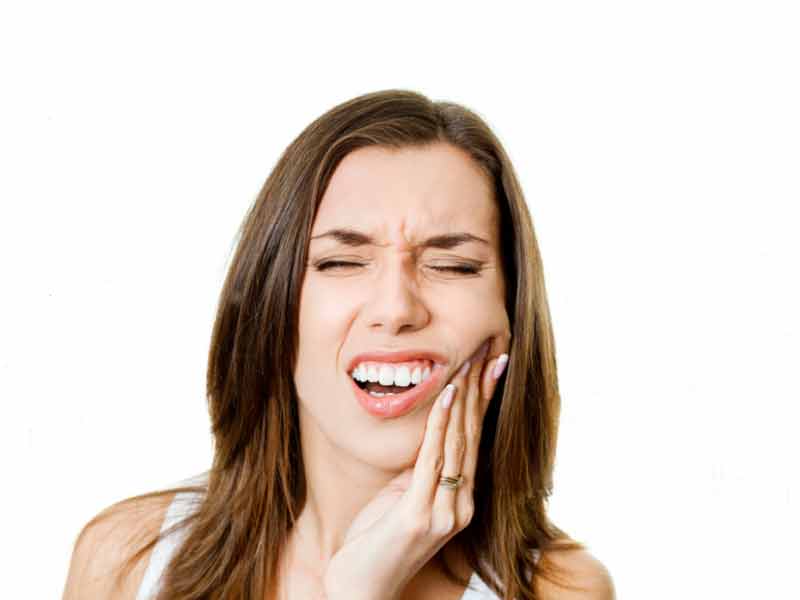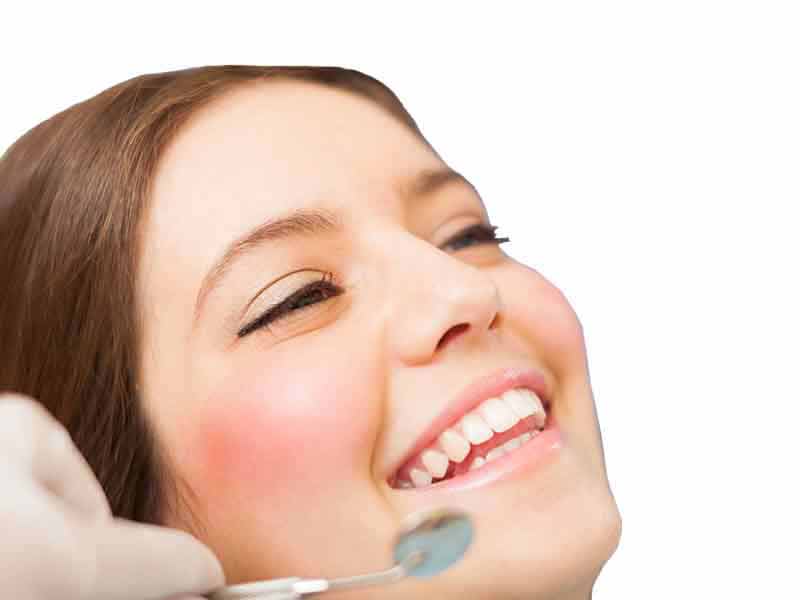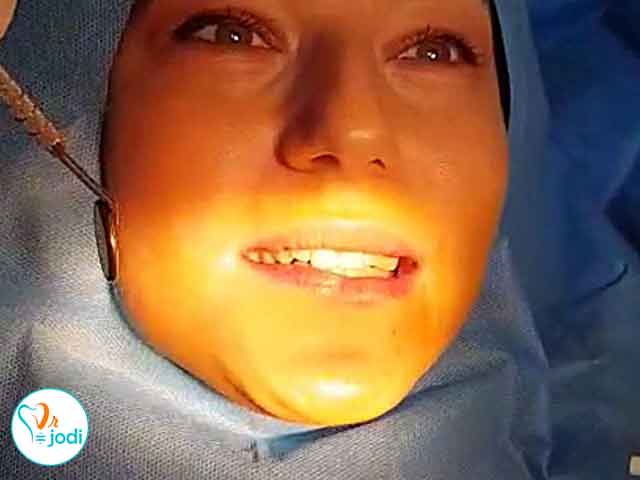Menstruation

Menstruation

The belief that ovarian hormones may increase inflammation of the gingival tissues and exacerbate the response to local stimuli has been confirmed by many studies. Gingival inflammation seems to be associated with an imbalance or increase in sex hormones that affects and changes in the immune response. During menstruation, progesterone increases from the second week and reaches peak in about ten days. And it is precisely decreasing before menstruation. Be careful that this 28-day cycle is established, the cycles of individuals vary. Progesterone plays an important role in stimulating the production of prostaglandin, which directs the body's response to inflammation. Prostaglandin 2PGE E is one of the most secreted monocyte products and is found to be higher in the inflamed gums
Gingival tissues have been reported to be swollen during menstruation, and in some cases, red gum changes occur before the menstrual period begins. It also increases salivation during menstruation and sometimes with a brief increase in toothpaste. The increased rate of POSTEXTRACTION OSTEITIS tooth extraction has also been reported during menstruation. When progesterone reaches its peak, during the luteal phase, lesions on the lupus erythemal recurrent lesions on the herpes lip and candida infections occur in some women as a periodic pattern. Also, as the sphincter esophagus is mediated by Progesterone is relaxed, women may be more prone to gastroesophageal reflux disorder during menstruation. GERD symptoms include sore throat, chest pain reversal, and when these reflexes become more severe, some people experience an undetermined cough, stenosis, sore throat, genovate, and asthma.
In the peak period of progesterone secretion (about 7 to 10 days before menstruation), premenstrual syndrome may also occur in the PMS premenstrual syndrome. Significant differences in the amount of estrogen and progesterone among women who suffer from PMS are those who have a problem with this. Background: Women with PMS still appear to have fewer specific neurotransmitters, such as enoxapine-endorphin, acid, GABA, gamma-aminobutyric, and serotonin. Depression, irritability, lacrimation, and memory impairment. The focus may be signs of neurotransmitter reduction.
taking care
Increased gastrointestinal bleeding and bleeding along with the menstrual cycle will require more careful care of periodontal congestion. Periodontal care should be considered as a patient's individual needs. If the patient has a problem, the control visits should be repeated every 3 to 4 months. An antimicrobial mouthwash may be needed prior to the onset of inflammation. The emphasis should be on oral hygiene. For most patients with a history of severe post-operative hemorrhage or severe bleeding during menstruation, it is expedient to conduct surgical visits after menstruation.
Anemia is widespread, and consultation with a doctor and recent lab tests should be done in a specific place. During PMS, many women show physical symptoms like fatigue, intense appetite for sweet and salty foods, flatulence, swelling of the hands and feet, headaches, nausea, and gastrointestinal upset. GERD may appear to be more unfavorable for patients who are fully supine, especially during the subsequent mealtimes, and may cause more severe nausea. Clinicin should be aware that anti-inflammatory drugs Non-steroid, infections, and acidic foods exacerbate GERD. Patients who receive anti-acid medications, H2 receptor cimetidine, famotidine, nizatidine, ranitidine prostatic agents (cisapride and metoclopramide) and proton pump inhibitors (lansoprazole, omeprazole, pantoprazole and obeprazole may be GERD patients. The above drugs may be TED Anemia with some antibiotic and antifungal drugs, so their pharmacological examination is essential.
Fluoride mouthwash or the use of special fluoride batteries, periodic periodontal debridement, avoiding excessive amounts of alcohol in mouthwashes can reduce the effects of caries and gum associated with it. PMS is often treated with antidepressants by antidepressants. Selective serotonin reuptake inhibitors (SSRIs) are generally our first choice because they have less side effects than other antidepressants and do not require blood control and are safe in case of overdose. The SSRL drug group, Fluoxetine with Response The 70% portion was reported and reported as the fifth prescription drug dispensed in the United States in 1998.

People who viewed this page also visited:
What are the dental implant treatment stages?
Implant Professional Center in Tehran
The best implant expert in Tehran
The best implant center in Tehran
What is immediate loading of dental implants?
Implant problems and implications
Force direction and its relationship with the implant body design
Unsuitable cases for dental implant
The geometry of the implant and its relationship with occlusal forces
The relationship of the implant body and functional surface














